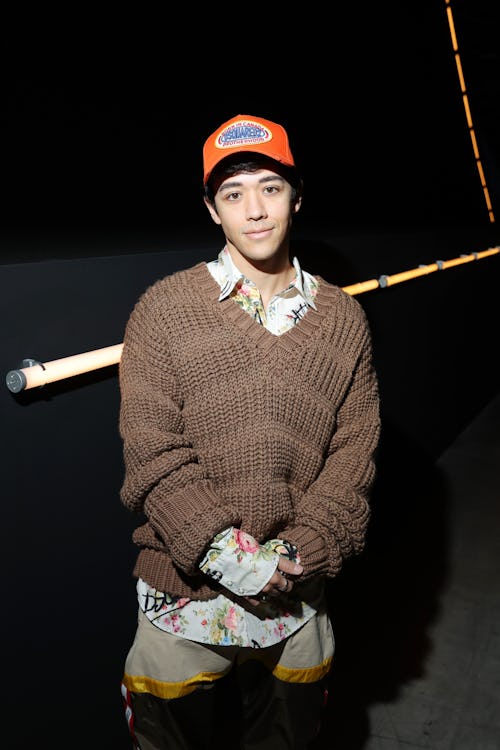
The only guarantees in life are death, taxes, and Fortnite repurposing a popular dance into its portfolio of emotes without attributing the original creator. Epic Games is facing another lawsuit, this one from Kyle Hanagami, a popular YouTuber and dance choreographer. The move in question is a routine that Hanagami devised for Charlie Puth’s 2018 hit “How Long.”
Fortnite’s shameless emote rip-off is called “It’s Complicated” and was introduced to the game in August 2020. The emote has been in and out of Fortnite’s virtual store since its debut and ran users 500 V-Bucks (about $5). The lawsuit, which was filed in the federal court of the Central District of California, is seeking the removal of Hanagami’s routine from the game, as well as compensation for legal fees and compensatory damages.
Epic has faced a slew of similar lawsuits in the past — specifically at the apex of the game’s cultural power from 2018 through early 2019 — from rapper 2 Milly for the “Milly Rock,” Alfonso Ribiero for the “Carlton,” and basketball players Jaylen Brantley and Jared Nickens for the “Running Man” dance craze. But all of these cases were dismissed because copyright law can be tricky when it comes to owning a dance routine or set of choreography.
Murky Waters —
In each of these cases, the in-game emotes were either too short or the original dances weren’t distinct enough for a judge to be able to rule that Fortnite had definitively stolen them. However, in Hanagami’s case, he has both copyrighted the dance and his legal team has produced a side-by-side analysis of the original compared to its use in Fortnite. The results appear pretty clear-cut.
Another aspect of this case that sets it apart from other lawsuits Epic Games has faced is the level of notoriety that Hanagami possesses. His YouTube channel has close to five million subscribers, and he has created dances for the likes of Justin Bieber, Billie Eilish, and Britney Spears, to name a few. One of the biggest wrenches in previous claims was the fact that a number of creators hadn’t acquired the copyright for their moves. Hanagami isn’t the same kind of plaintiff as, say, the Backpack Kid.
David Hecht, Hanagami’s lawyer, spoke to Kotaku on the case, noting the following:
“[Hanagami] felt compelled to file suit to stand up for the many choreographers whose work is similarly misappropriated. Copyright law protects choreography just as it does for other forms of artistic expression. Epic should respect that fact and pay to license the artistic creations of others before selling them.”
Eating everything up —
This news isn’t exactly surprising considering the grand vision of Fortnite is to subsume any and all pieces of popular culture into its universe. When the game adds emotes based on real-world dances, it’s likely no one in the room even blinks an eye, knowing that the process to get it removed would be much more arduous than it’s worth.







